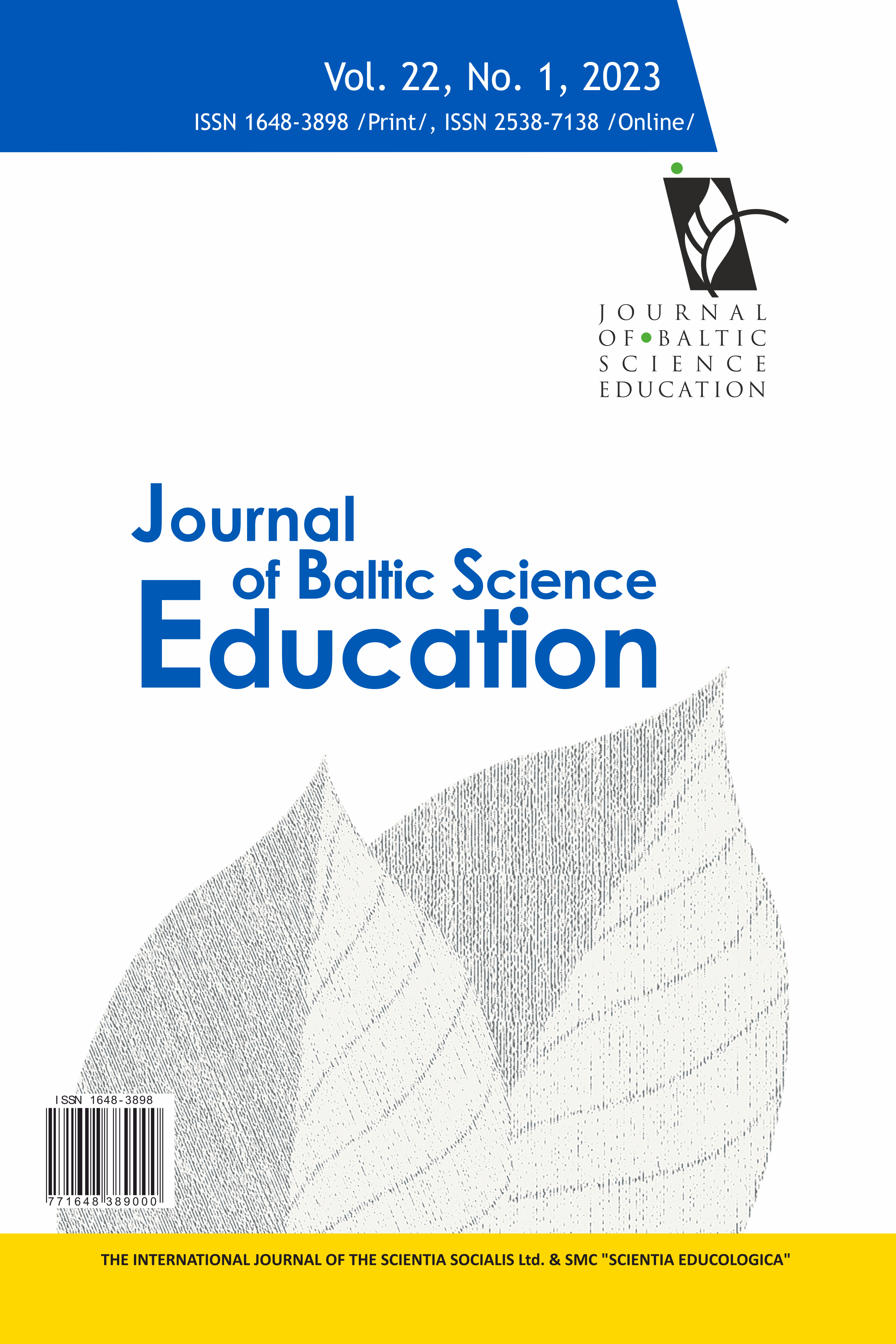STUDENTS’ PERCEPTIONS OF MULTIMEDIA USAGE IN TEACHING AND LEARNING QUANTUM PHYSICS: POST-ASSESSMENT
STUDENTS’ PERCEPTIONS OF MULTIMEDIA USAGE IN TEACHING AND LEARNING QUANTUM PHYSICS: POST-ASSESSMENT
Author(s): Pascasie Nyirahabimana, Evariste Minani, Mathias Nduwingoma, Imelda KemezaSubject(s): Social Sciences, Education, Higher Education
Published by: Scientia Socialis, UAB
Keywords: lecture method; multimedia-aided method; student perceptions; quantum physics; Rwanda;
Summary/Abstract: The research on students’ perceptions after implementing a teaching style is recommended due to its potential to inform reformed education. The present study surveyed 319 students and revealed their perceptions of multimedia usage in teaching and learning quantum physics. Among these students, 156 were surveyed after learning quantum physics with a multimedia-aided method, while 163 were surveyed after learning with a lecture method. The piloting of the test used generated Cronbach alpha of .841 of internal consistency, and it contained quantitative Likert scale items and supporting qualitative items. The data were analyzed descriptively and inductively. Students taught by multimedia perceived quantum physics as easy, while those taught by lecture perceived it as difficult due to its abstractness and mathematics needs. Students preferred computer simulations, animations, and YouTube videos as interactive methods that fit quantum physics lessons. Students testified that a quantum physics course that uses visualization methods in some of its teachings is more interesting than a course taught without them. However, students in both classes concurred that their class was student-centered and full of demonstration. Recommendations related to teaching practices and future research foci were made.
Journal: Journal of Baltic Science Education
- Issue Year: 22/2023
- Issue No: 1
- Page Range: 37-56
- Page Count: 20
- Language: English

